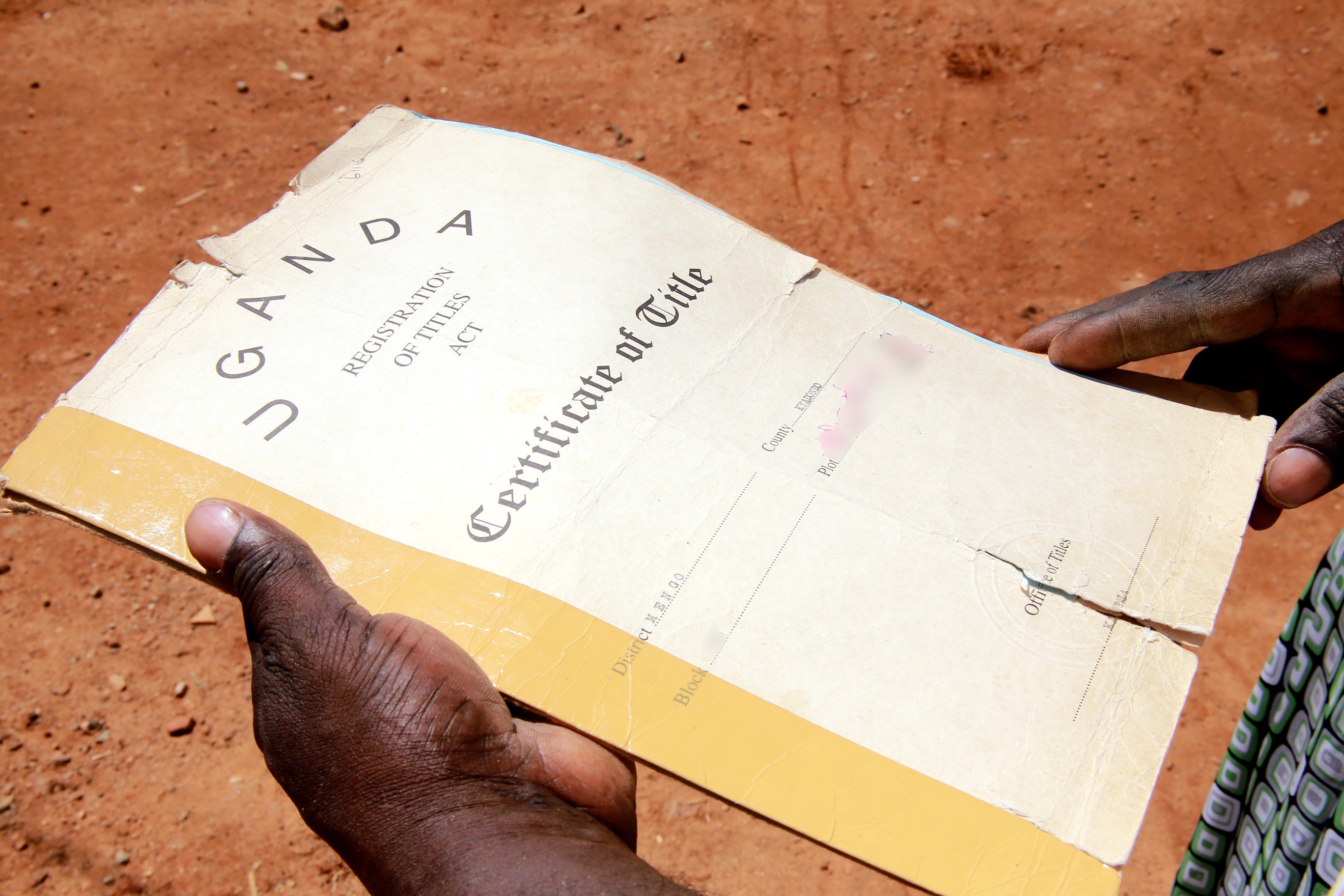Police rearrests after court release promote anarchy

Mr Fred Muwema, the ACN Legal and Corporate Affairs Manager
What you need to know:
- It is wrong for police to waylay and arrest an accused person who has just been released by court in such a manner deliberately designed to keep an accused in detention and render the court order impotent.
- Such an act by police amounts to improper interference with the course of justice which is an offence punishable under the law.
I will argue here that the conduct by the police of rearresting people simultaneously as they are released by court is not demonstrably justifiable in a free and democratic State. The recent rearrest by police of the Rwenzururu king, Charles Wesley Mumbere outside Jinja High Court shortly after his release by the same court is just one example.
In the eyes of the ordinary citizen, justice is not done in such cases when one arm of government unceremoniously takes away what the other had given in a show of disharmony and uncoordination. This does not meet the standard of justice which in the words of the former chief justice of England, Lord Hewart CJ, must not only be done, but it must manifestly and undoubtedly be seen to be done.
When justice is not seen to be done, anarchy may be seen to be done instead. No amount of public relations coating can change this perfection since actions inform perception more than words. Otherwise how can you explain why two institutions with closely linked mandates in the administration of justice, maintenance of law and order, with one supposed to feed the other, be in sharp contrast when it comes to delivery of their common product – justice.
The police may argue that they have the constitutional mandate to detect and prevent crime which involves investigation of any information of a criminal nature. That where they have reasonable ground to believe that someone has committed a crime, they can arrest him or rearrest him for that matter at anytime and any place. I guess that this is the justification police has in mind when it invades courts to rearrest suspects who have just been released by court.
Whereas I don’t dispute the police mandate, I know that the law doesn’t give the police any authority to undermine or interfere with the exercise of judicial power by the courts so as to render orders issued by court useless and unenforceable. That is why Article 128(3) of the Constitution, provides that every organ and agency of the state, including the police must accord the courts all the cooperation and assistance needed to ensure that court orders are effective. This is because the framers of the Constitution never intended that judicial power should be exercised in vain or be subordinate to the coercive arms of government.
If the police has credible information that a person about to be released by court should not be released because he/she has or is about to commit other crimes related or unrelated to the case before court, it should pass this information to the prosecutor attending to the case.
The prosecutor should in turn submit the information to the court which will then make a decision to release the person or not having weighed the impact of new information. If this information becomes available after the person has been released, the information can still be submitted to court which can still vary the terms of the release order already issued.
It should be noted that once a person has left the police hands and is subjected to court proceedings, it is the court which has the last word on whether to grant or restrict his/her liberty in respect of that or related cases.
It is wrong for police to waylay and arrest an accused person who has just been released by court in such a manner deliberately designed to keep an accused in detention and render the court order impotent. Such an act by police amounts to improper interference with the course of justice which is an offence punishable under the law.
Under Article 212 of the Constitution, the police has a mandate to preserve law and order. Court orders directing the release of an accused person are part of that law and order which the police should preserve.
Since the police is part of the Justice law and order sector, I urge this body to ensure a sector wide approach to delivery of justice to enhance public satisfaction by calling the police to order. If this is not addressed, continued police re-arrests after court release will promote anarchy.
[email protected]




